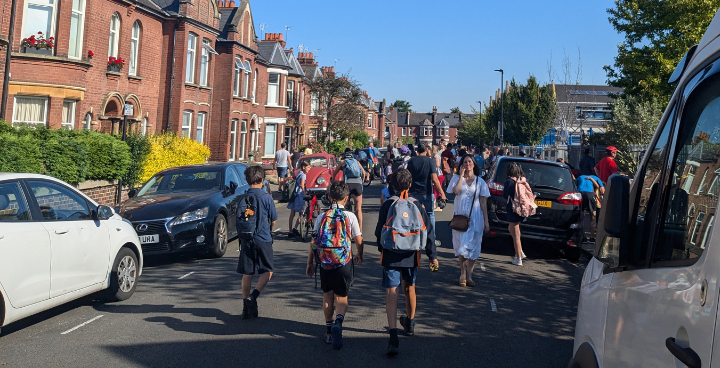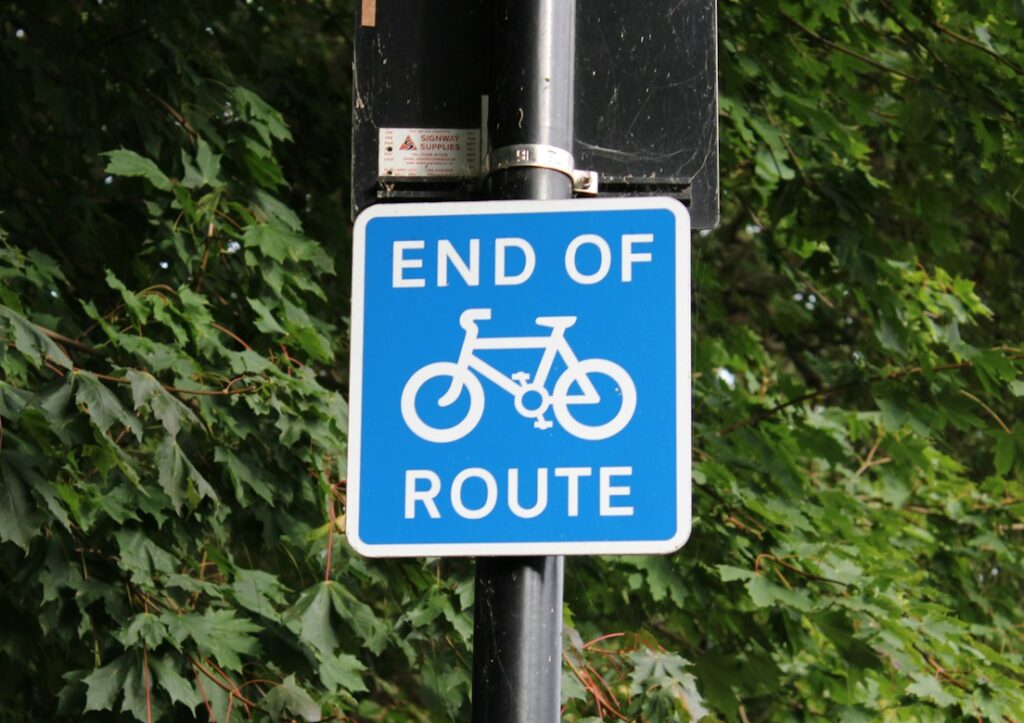Every council should consider introducing Clean Air Zones, says Public Health England (PHE) following a review of evidence on how to improve air quality.
The review says that local authorities must work better together as ‘air pollutants don’t respect borders,’ adding there is little benefit in reducing air pollution in one place but seeing it dispersed elsewhere.
PHE published the review this morning (March 11) which also recommends councils ban vehicles from idling outside pollution hotspots such as schools or hospitals.
Air quality campaigners have particularly focused on the issue of idling outside schools as children breathe in up to three times more air relative to their weight, meaning they take in a greater volume of toxic air which can stunt lung growth and increase their risk of respiratory disease.
The review also says councils should redesign towns and cities to make wider streets and consider using hedges to screen against pollutants when planning new infrastructure.
PHE was commissioned by the Department for Health and Social Care (DHSC) to review the evidence for practical interventions to reduce harm from outdoor air pollution, according to their health and economic impacts.
PHE also called on government to invest more in clean public transport and set ‘more ambitious targets’ for EV charging points.
Leading freight companies have hit out at upcoming charging Clean Air Zone in recent months, saying they will damage small businesses and damage the economy. Last month, Mayor of Bristol Marvin Rees wrote to Defra minister Therese Coffey arguing against the introduction of a CAZ because it would ‘hit the poorest’ most.
However, PHE argues that ‘improving air quality can go hand in hand with economic growth.’
‘A common misconception is that air pollution is a necessary consequence of economic prosperity, whereas a clean environment is increasingly understood to support, rather than hinder,
economic growth,’ it continues.
‘People prefer to live, and employers are likely to prefer to establish businesses, in places which are clean and support a healthy workforce.
‘Furthermore, the UK is at the forefront of innovation and skills, including developments in clean energy and technologies, which reduce the problem of air pollution, and this technological innovation is a benefit deriving from the desire to reduce air pollution.’
Finally, the review credits Clean Air Day as being one of only two behavioural interventions considered to be effective at reducing air pollution.
Professor Paul Cosford, director of health protection and medical director at PHE, said: ‘Now is our opportunity to create a clean air generation of children by implementing interventions in a coordinated way. By making new developments clean by design we can create a better environment for everyone, especially our children.
‘We recommend that at a local level, any new policy or programme of work which affects air pollution should aim to deliver an overall benefit to the public’s health. So transport and urban planners will need to work together with others involved in air pollution to ensure that new initiatives have a positive impact.
‘Decision makers should carefully design policies to make sure that the poorest in society are protected against the financial implications of new schemes.’
Read the review here.
















